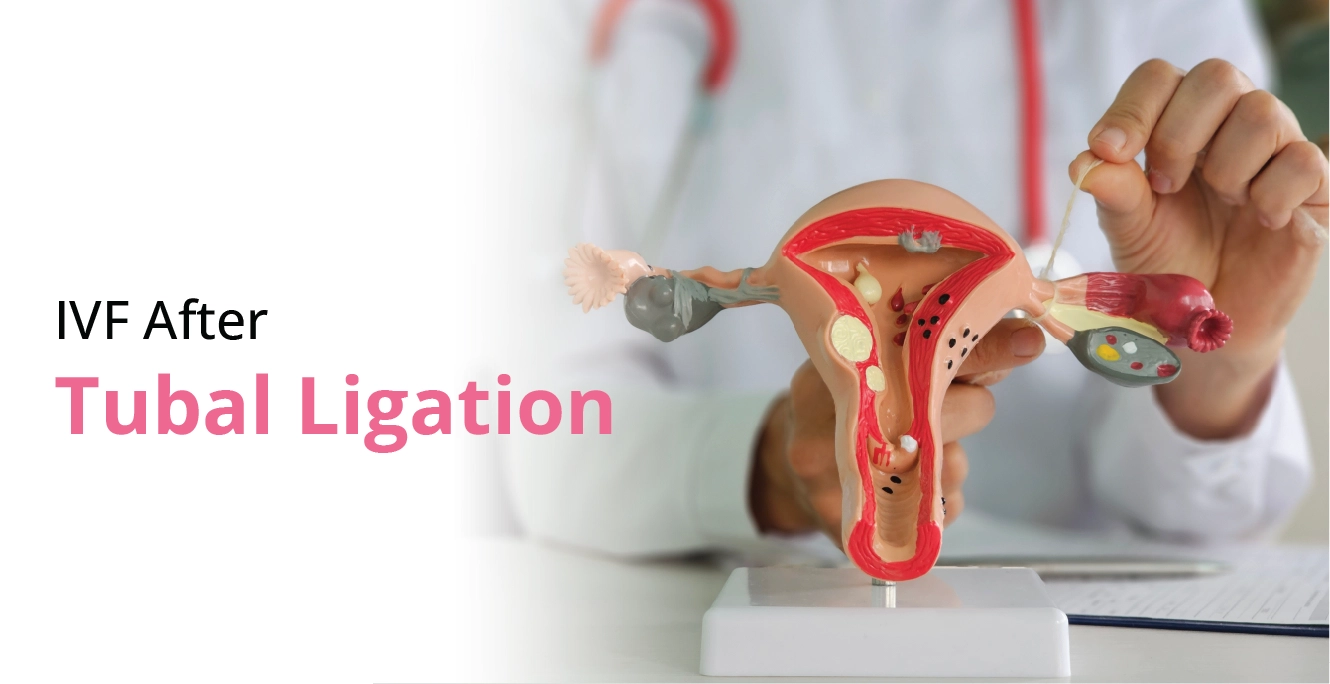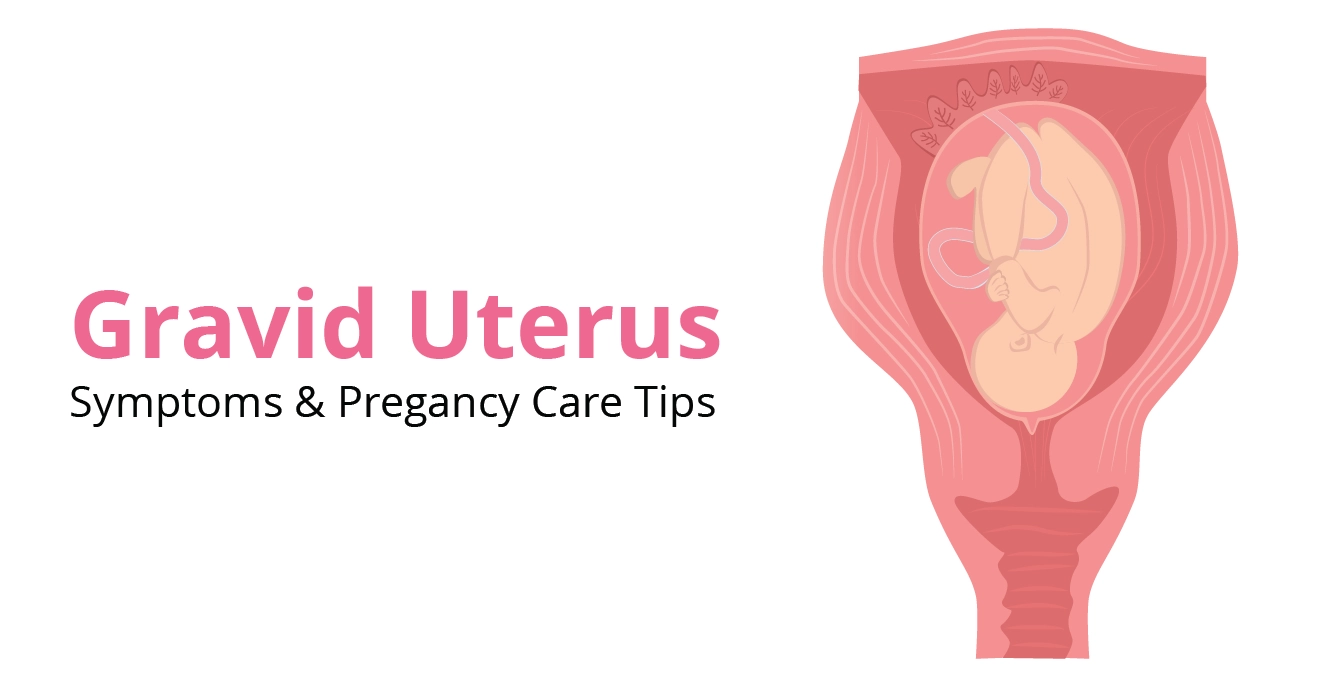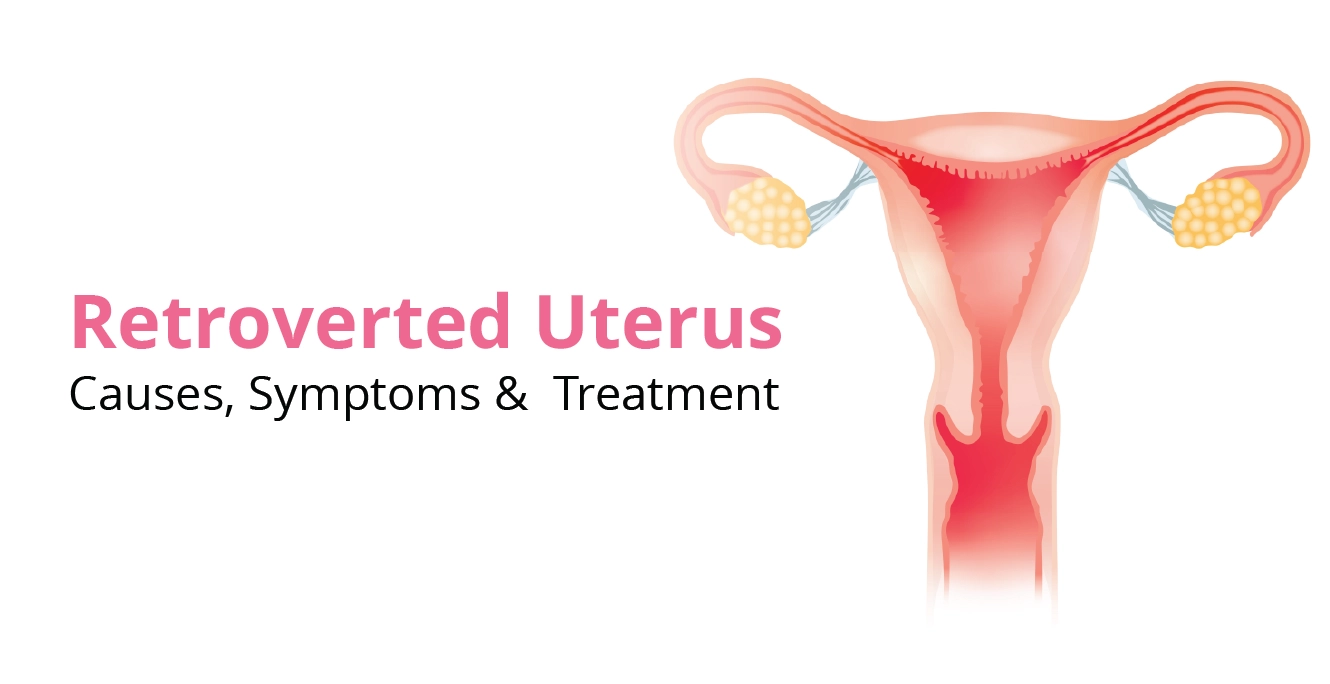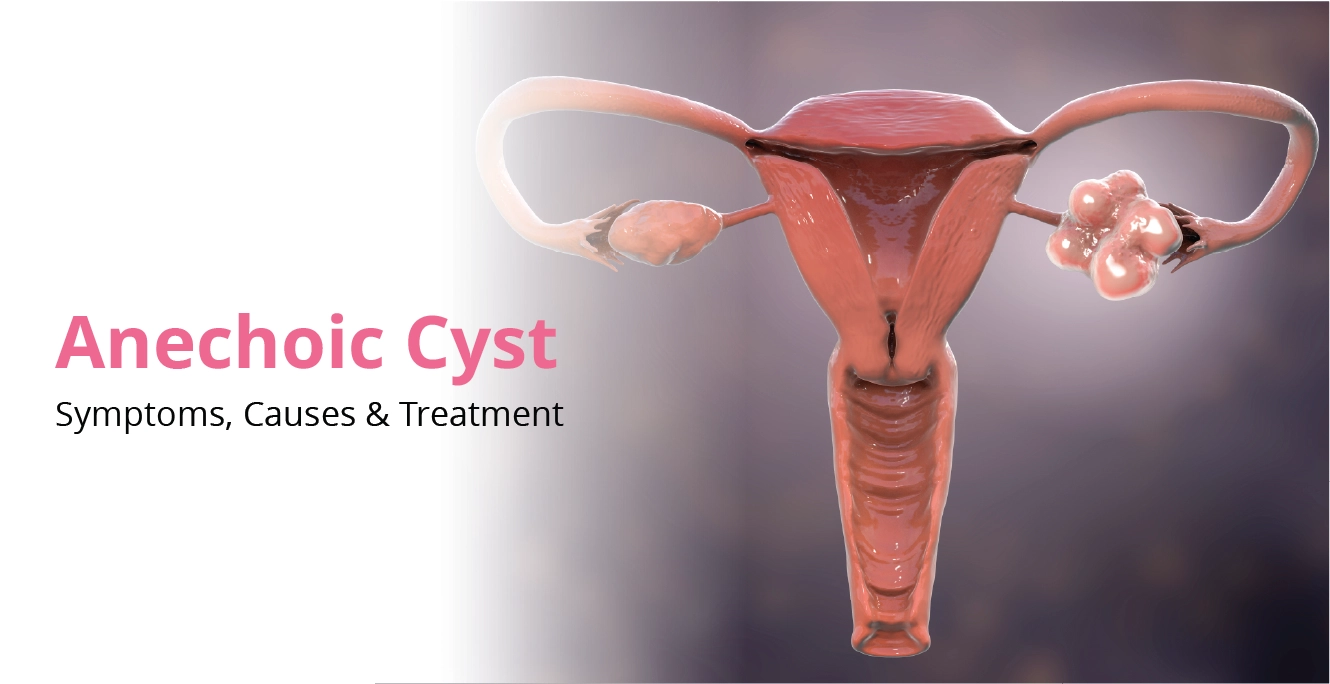Endometrial Microbiome Metagenomic Analysis (EMMA)
EMMA (endometrial microbiome metagenomic analysis) is a specialised diagnostic service that evaluates the endometrial microbiome. This service helps identify microbial imbalances in the lining of the uterus that may impact the success of implantation and overall reproductive health.

What is the EMMA Test?

EMMA is a comprehensive test that analyses the endometrial microbiome, assessing the presence and balance of beneficial and harmful bacteria within the uterine lining.
It aims to identify microbial dysbiosis (imbalance), which can negatively impact fertility and implantation. EMMA allows targeted treatments to restore a healthy endometrial microbiome (community of microorganisms in the body) by detecting imbalances or infections.
Here are some of the advantages of having the EMMA test done during your in vitro fertilization (IVF) treatment.
-
Enhanced Fertility Treatments: Provides valuable insights that can guide personalised fertility treatments.
-
Detecting Hidden Issues: Identifies infections or imbalances that can lead to recurrent implantation failure or unexplained infertility.
-
Targeted Interventions: Allows for specific treatments to address microbial issues, enhancing overall reproductive health.
Why is the EMMA Test Done?
-
To Assess Endometrial Health
EMMA provides a thorough assessment of endometrial health by analysing the microbiome. This detailed evaluation helps in understanding the microbial environment within the uterus, which is crucial for successful implantation.
-
To Identify Dysbiosis
A primary purpose of EMMA is to identify dysbiosis, which is an imbalance between beneficial and harmful bacteria in the endometrium. Dysbiosis can lead to implantation failure, recurrent pregnancy loss, and other fertility issues.
-
To Improve Treatment Outcomes
EMMA offers valuable information that can enhance the outcomes of fertility treatments. By understanding the specific microbial environment of the endometrium, fertility specialists can personalise and determine treatment types to improve the chances of a successful pregnancy.

How is the EMMA Test Done?

-
Consulting Your Doctor
The consultation is typically scheduled 7-8 days after ovulation, which is the optimal time for collecting an endometrial sample. During the consultation, your doctor will explain the procedure, its importance, and what to expect. This session aims to prepare the patient mentally and physically for the sample collection process.
-
Collecting the Endometrial Sample
A small tissue sample is collected from the lining of the uterus using a thin, flexible catheter. This procedure is minimally invasive and typically causes minimal discomfort.
-
Processing the Sample
The collected sample is carefully preserved and sent to a specialised laboratory equipped for metagenomic sequencing.
-
Evaluating Reports
The lab results are interpreted by specialists to determine the presence and balance of beneficial and harmful bacteria in the endometrium. In the follow-up consultation, the treatment plan is tailored to the patient’s specific needs, aiming to enhance their chances of successful implantation.
Why Choose Us
Choosing the right fertility clinic is crucial for starting your family. At Birla Fertility & IVF, we offer personalised care with expert specialists guiding you every step of the way. Our advanced labs and outstanding success rates have helped over 2,30,000 patients achieve their dream of parenthood.
Frequently Asked Questions
Recent Blogs
Book an appointment
Hassle-Free Appointment Booking

 Our Centers
Our Centers
































